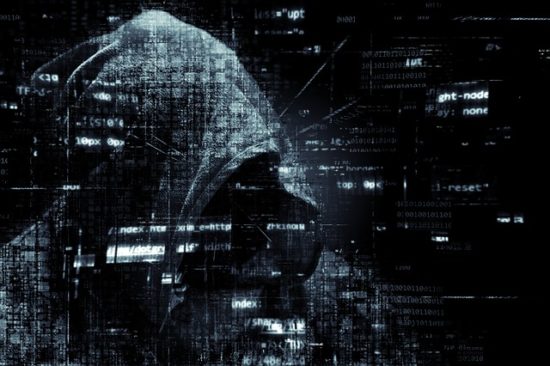Today, a brief published on how Voatz wrongly prosecuted an ethical hacker across the board on security research as a part of the Van Buren Amicus briefing.
About the Author
-
ISBuzz Team embodies the collaborative efforts of the dedicated staff at Information Security Buzz, converging a wide range of skills and viewpoints to present a unified, engaging voice in the information security realm. This entity isn't tied to a single individual; instead, it's a dynamic embodiment of a team diligently working behind the scenes to keep you updated and secure. When you read a post from ISBuzz Team, you're receiving the most relevant and actionable insights, curated and crafted by professionals tuned in to the pulse of the cybersecurity world. ISBuzz Team - your reliable compass in the fast-evolving landscape of information security



